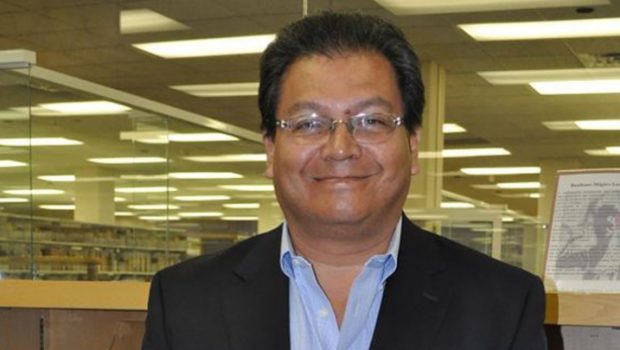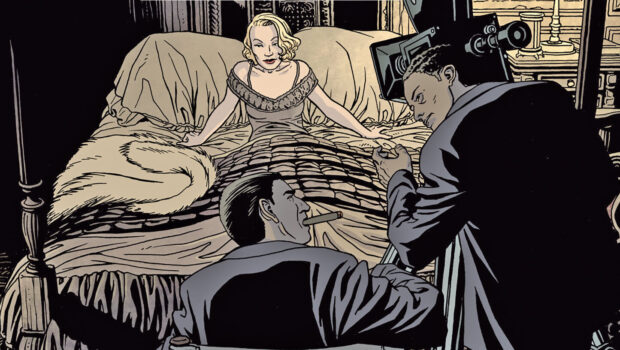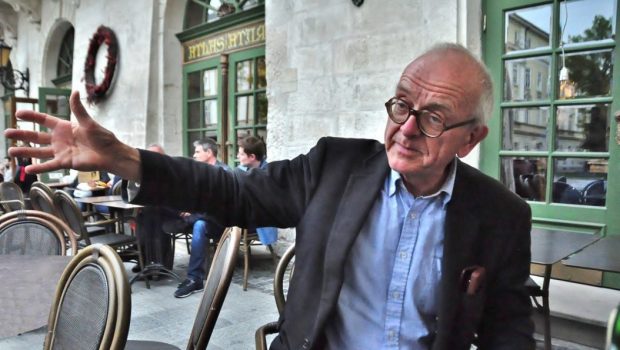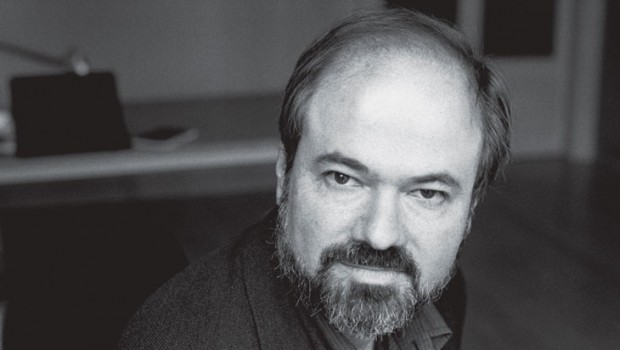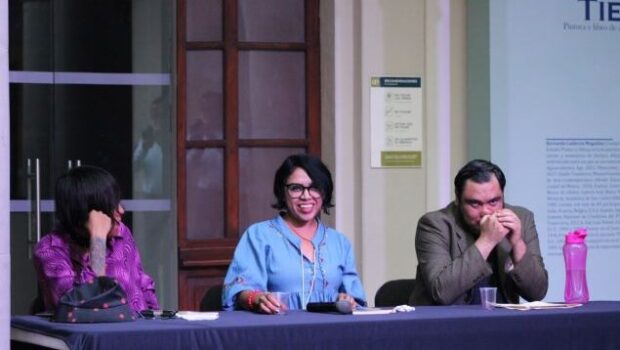Aids Hospice
David D. Medina
 Mario Bellatin
Mario Bellatin
Beauty Salon,
City Lights, San Francisco, 2009.
Translated by Kurt Hollander
Mexican writer Mario Bellatín has created a rare literary feat: in just 63 pages he has produced a novella that sparkles with beauty and clarity as it delves into one of the most horrifying and shunned diseases of our times–AIDS.
In Beauty Salon, the narrator is a transvestite hairdresser who has converted his business into a makeshift AIDS hospice. He runs the place by himself, and with a sense of morbid humor, he calls it the Terminal because he takes in only men who are about to die and cannot fi nd anyone to care for them.
The nameless narrator operates the Terminal with strict rules and does not allow doctors, medicine, herbal remedies, or religious icons. Women are also not welcomed. When his place was a beauty salon, the narrator explains, he spent a lot of time making the women beautiful and he does not want to see his work go to waste.
When he operated the salon, the narrator got the idea of installing aquariums to make the women feel as if “they were submerged in crystal clear water, rejuvenated and beautiful…” He became a fish collector, buying an assortment of fish that gave him pleasure as he watched their colorful bodies streak through the water. But as death enters the salon, the fish perish.
The freshness of the aquariums is a sharp contrast to the dreary existence of the Terminal, but they also serve as a metaphor for the way people view AIDS victims. People see fish through a glass container, from a distance, and when one of them dies, they are scooped up and flushed down the toilet. In the story, AIDS victims are buried in a paupers’ grave without a ceremony.
In an unemotional fashion, the narrator tells his story about his sexual exploits as a transvestite, his experiences in bathhouses and his downfall from a deadly disease. He tells a poignant story about becoming affectionate with one of the patients, whom he calls “guests,” only to see the young man die later. Thereafter, the narrator decided never to become attached to his guests. The narrator is so resigned to his lot that he appears saintly as he goes about helping the AIDS victims die a humane death.
AIDS is never mentioned in the book; it is referred to only as “the disease.” Also, the location of the story remains vague and the characters remain nameless, anonymous in an uncaring world. As in the book, many people in the real world still believe that AIDS victims have brought about their own misfortune and deserve to be punished.
Written in simple sentences that flow effortlessly without the interruptions of chapters, Beauty Salon is a lyrical piece about how a disease is turning its victims into pariahs, and as a result has made our society less human. Mario Bellatín had the courage to write about this taboo in a country that is known for its homophobia, and in return he was rewarded with a little book of deep beauty.
Posted: April 18, 2012 at 9:35 pm



